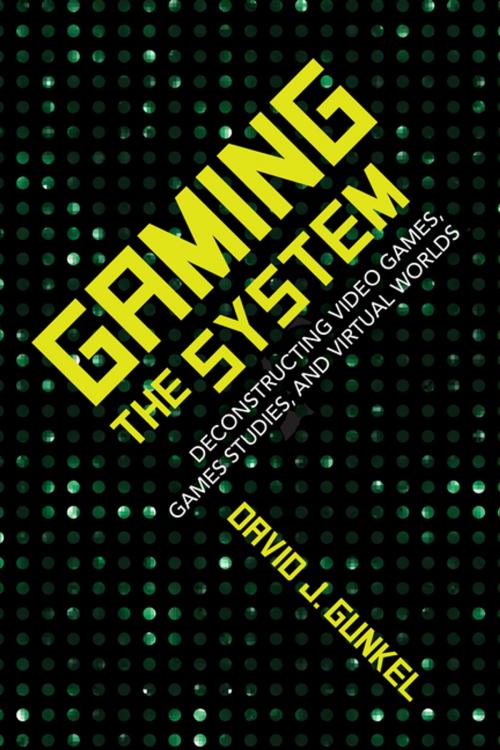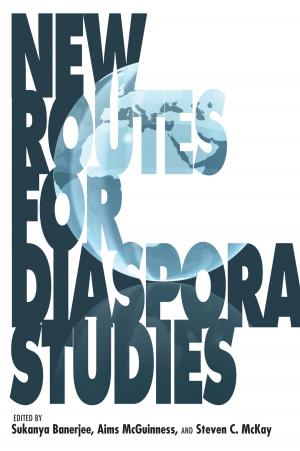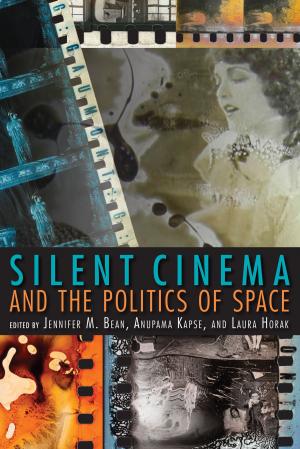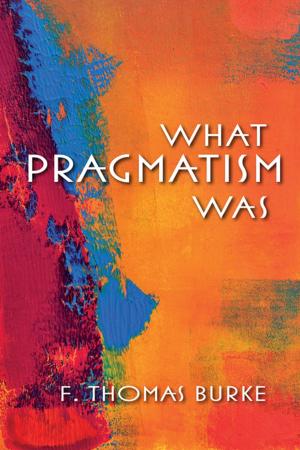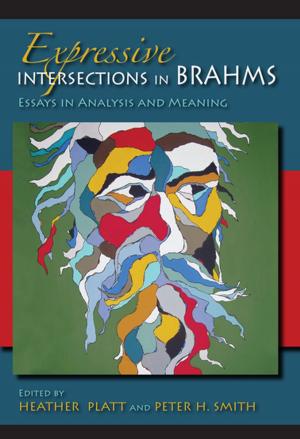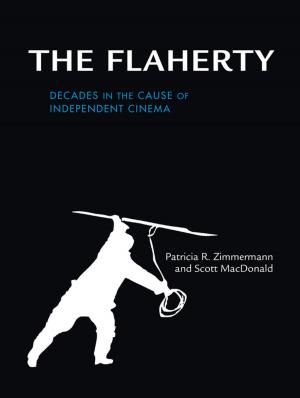Gaming the System
Deconstructing Video Games, Games Studies, and Virtual Worlds
Nonfiction, Entertainment, Games, Video & Electronic, Computers, Entertainment & Games, Video & Electronic Games, Religion & Spirituality, Philosophy| Author: | David J. Gunkel | ISBN: | 9780253035752 |
| Publisher: | Indiana University Press | Publication: | May 9, 2018 |
| Imprint: | Indiana University Press | Language: | English |
| Author: | David J. Gunkel |
| ISBN: | 9780253035752 |
| Publisher: | Indiana University Press |
| Publication: | May 9, 2018 |
| Imprint: | Indiana University Press |
| Language: | English |
Gaming the System takes philosophical traditions out of the ivory tower and into the virtual worlds of video games. In this book, author David J. Gunkel explores how philosophical traditions—put forth by noted thinkers such as Plato, Descartes, Kant, Heidegger, and Žižek—can help us explore and conceptualize recent developments in video games, game studies, and virtual worlds. Furthermore, Gunkel interprets computer games as doing philosophy, arguing that the game world is a medium that provides opportunities to model and explore fundamental questions about the nature of reality, personal identity, social organization, and moral conduct. By using games to investigate and innovate in the area of philosophical thinking, Gunkel shows how areas such as game governance and manufacturers’ terms of service agreements actually grapple with the social contract and produce new postmodern forms of social organization that challenge existing modernist notions of politics and the nation state. In this critically engaging study, Gunkel considers virtual worlds and video games as more than just "fun and games," presenting them as sites for new and original thinking about some of the deepest questions concerning the human experience.
Gaming the System takes philosophical traditions out of the ivory tower and into the virtual worlds of video games. In this book, author David J. Gunkel explores how philosophical traditions—put forth by noted thinkers such as Plato, Descartes, Kant, Heidegger, and Žižek—can help us explore and conceptualize recent developments in video games, game studies, and virtual worlds. Furthermore, Gunkel interprets computer games as doing philosophy, arguing that the game world is a medium that provides opportunities to model and explore fundamental questions about the nature of reality, personal identity, social organization, and moral conduct. By using games to investigate and innovate in the area of philosophical thinking, Gunkel shows how areas such as game governance and manufacturers’ terms of service agreements actually grapple with the social contract and produce new postmodern forms of social organization that challenge existing modernist notions of politics and the nation state. In this critically engaging study, Gunkel considers virtual worlds and video games as more than just "fun and games," presenting them as sites for new and original thinking about some of the deepest questions concerning the human experience.
